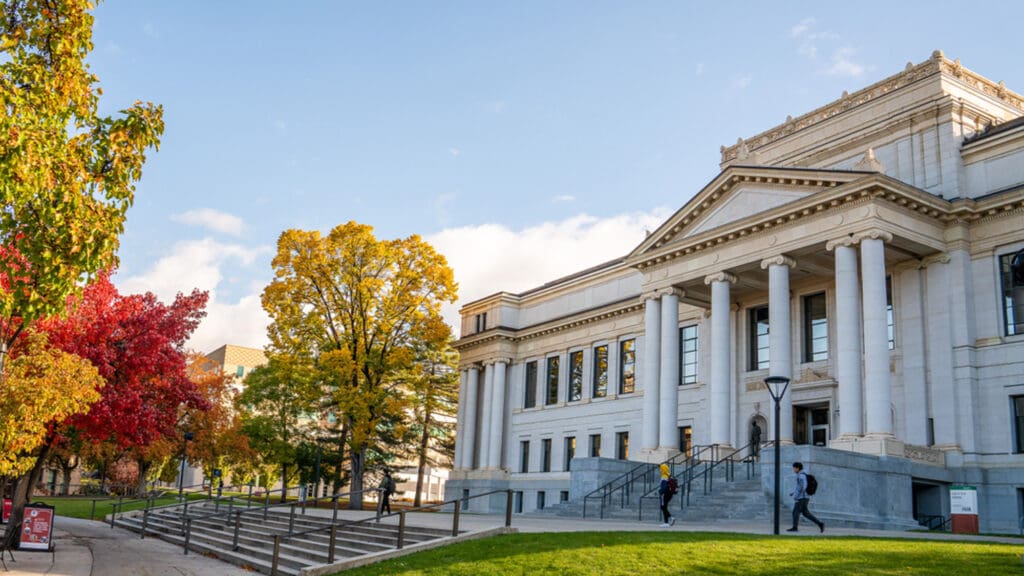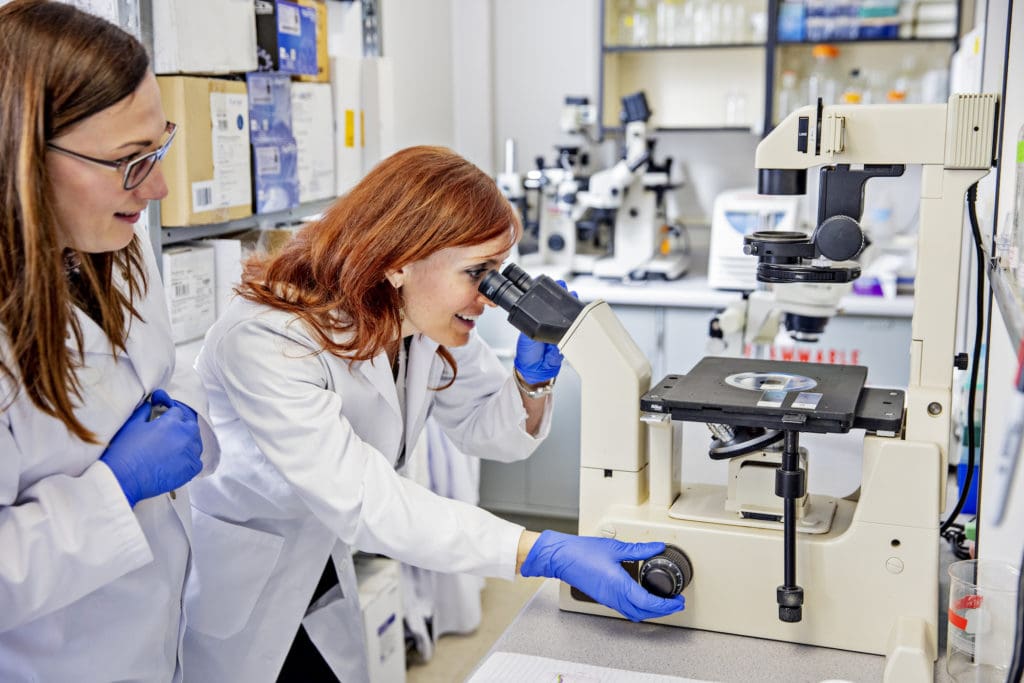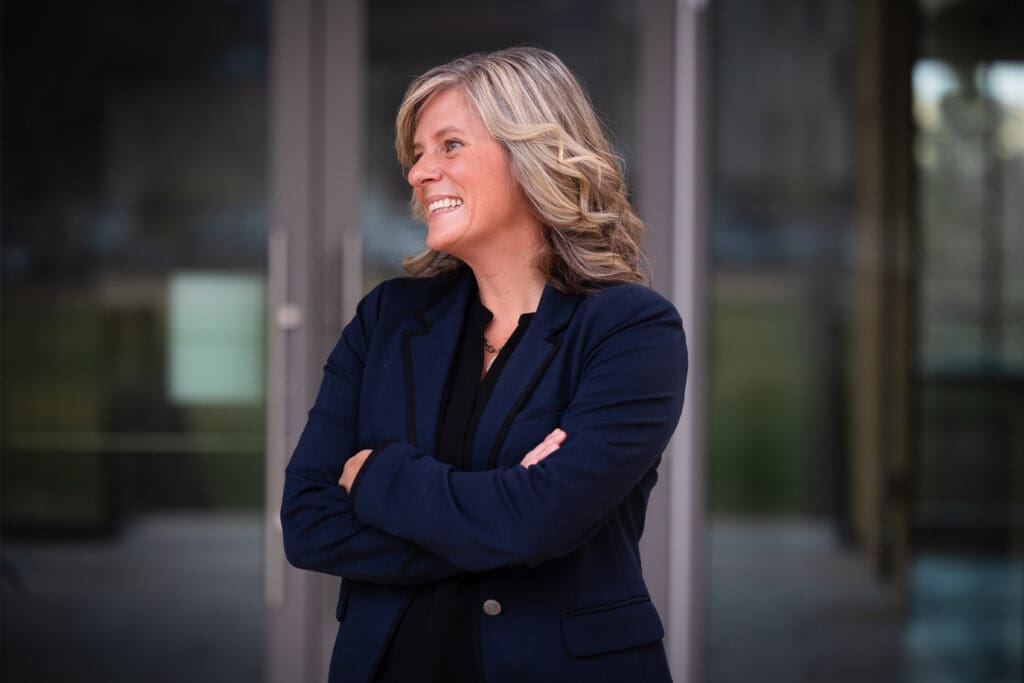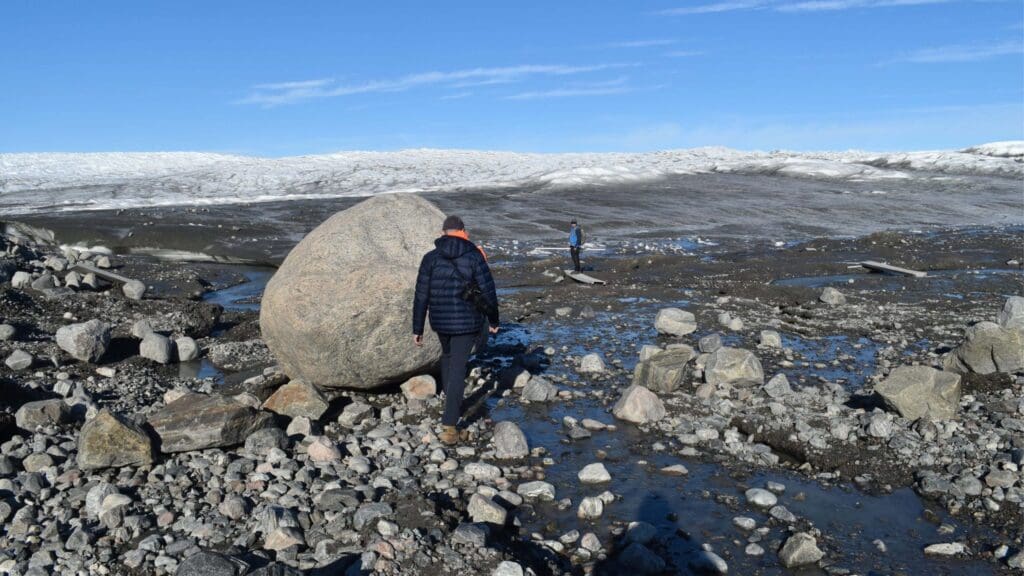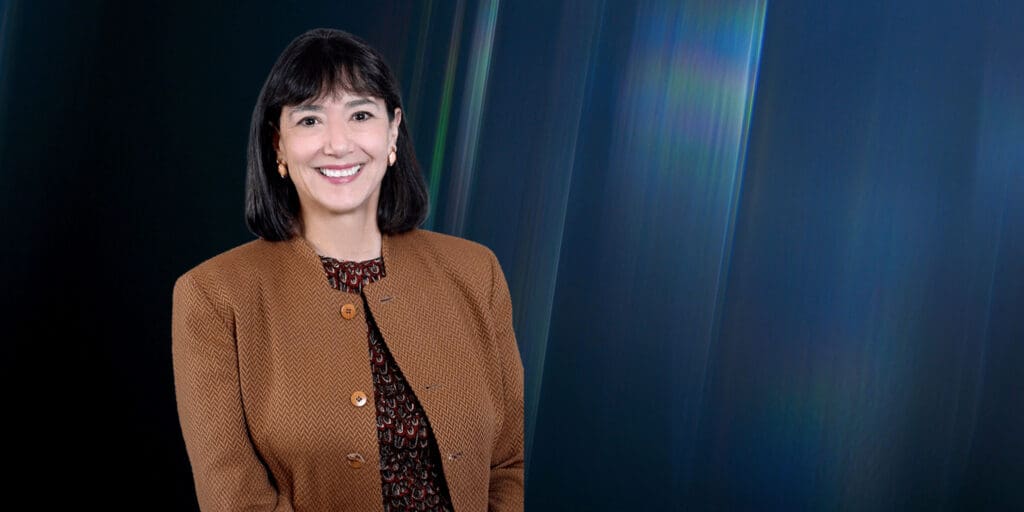January 5, 2024
Full Circle
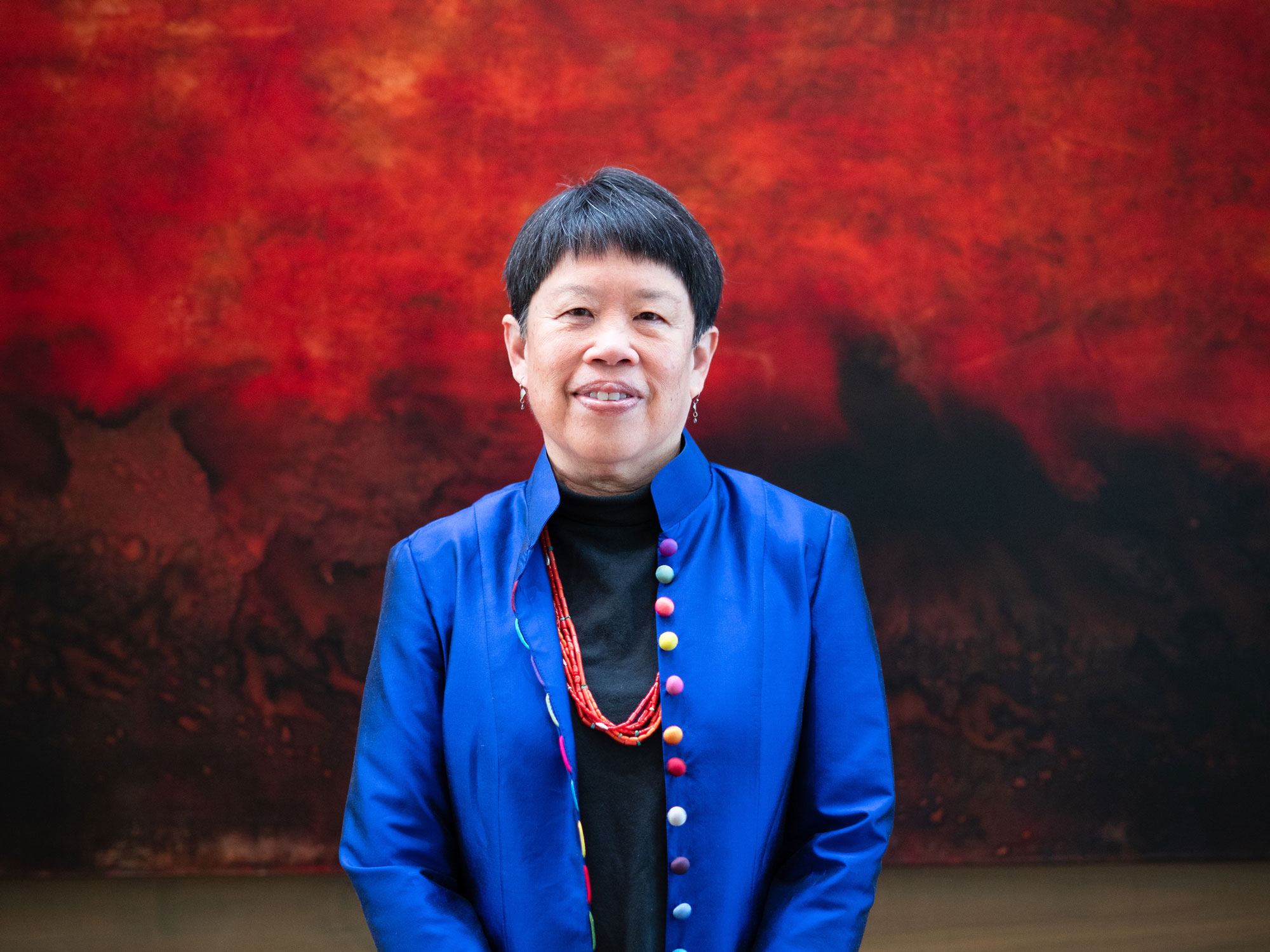
World-renowned professor Marjorie Chan helps shape the future in Utah’s own backyard
When Marjorie Chan, distinguished professor of geology, describes 41 years of teaching and scholarship at the University of Utah, she talks about stories and books: “For a geologist, looking at a landscape is like reading a book. You follow the story as you uncover details and discover clues left behind,” she says. “It’s a lot like solving a detective mystery. You look for clues to experience the story it tells—and can learn what happened tens to hundreds of millions of years ago.”
Tales about the earth’s surface, especially sedimentary rocks, have been at the core of Chan’s noted career. She served seven years as chair of geology and geophysics, has published 154 peer-reviewed publications, and has been featured in National Geographic and Discovery Channel documentary films. In 2014, as Geological Society of America’s Distinguished International Lecturer, Chan gave 53 lectures in six countries spanning India, New Zealand, Australia, China, Japan, and South Korea.
Chan’s career weaves an impressive narrative—one that makes for a story anyone could dive into. In the field of geology, Chan has become a literal rock star. She revolutionized the way the world thinks about Mars by accurately co-predicting NASA’s 2004 Mars rovers would discover spherical hematite concretions among the planet’s red rocks like those she and her students were studying in Moab. The presence of the concretions suggest that groundwater existed on Mars—and where there’s water, there is often life. The discovery propelled Dr. Chan into the global spotlight, making her a go-to scientist to study the rover images.
“I got emails and calls from all over the world with other scientists asking: ‘Have you seen these pictures? Do you know what these are?’” Chan says. “It was a really crazy time for me, full of excitement, and it changed our understanding of Mars.”
The work on Mars is ongoing—as is Chan’s own work at the U, where she says there is no greater place to be a geologist. Utah has been an ideal place for her career because it has everything she could want. She loves the mountains, the desert, and a variety of different ecosystems. “And I’ve found that the University of Utah has a supportive environment. I’ve been able to explore different facets of geology that I never dreamed I would,” she says.
While the professor examines changes on Earth during its 4.5 billion years, she looks ahead to changes she hopes to see.
“One way I’d like to see our world change is for more of us to be aware of the environment around us and the effect we have as humans,” she says. “Can we use rapidly advancing technology to do things in a better way? Not only in sustainable ways, but can we use our technology to regenerate, restore, and bring back some things that are unique about Earth?”
Chan believes education—and learning from one another in the process—can help bring about that change. “The more we can share the stories of who we are, what we’re about, the more we can influence the future in a positive way,” she says.
When striving to generate change through education, Chan says that philanthropic support is essential. She shares a favorite example: “One donor provided funds to sponsor graduate students visiting middle school classrooms to share their stories and what they do as scientists,” Chan explains. “That’s generated enormous interest. There are many examples of young people finding out about the good work of science. When we do that, we can actually affect our future.”
